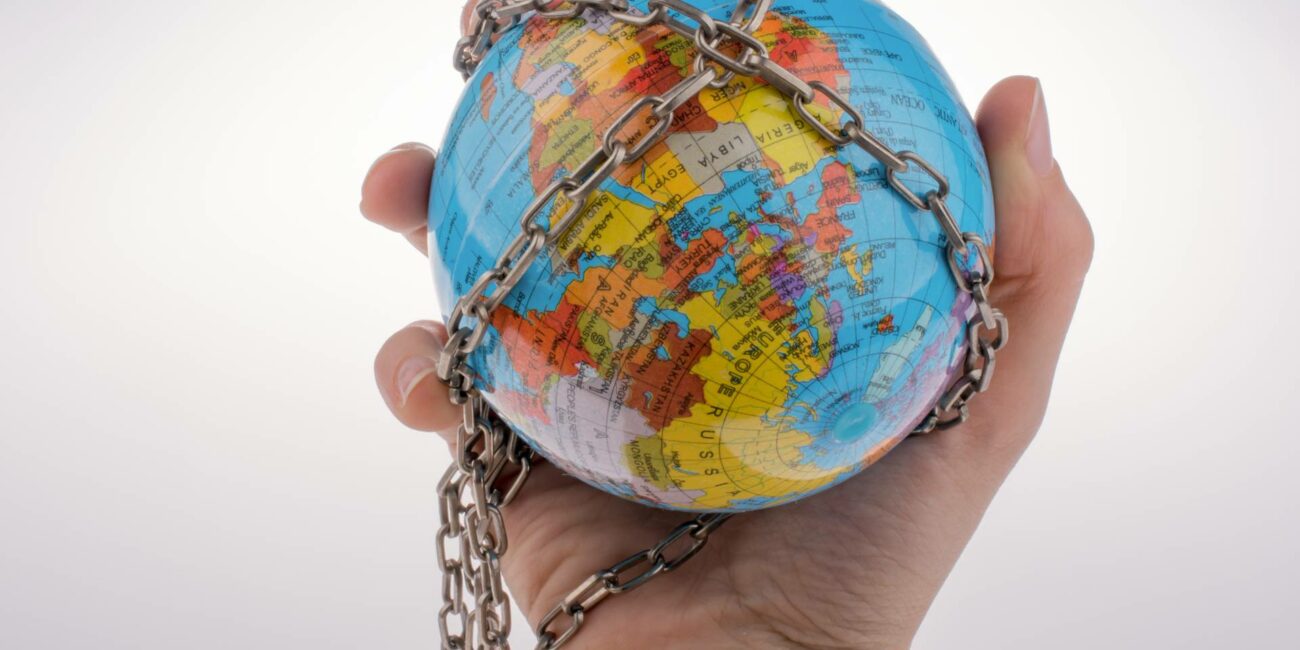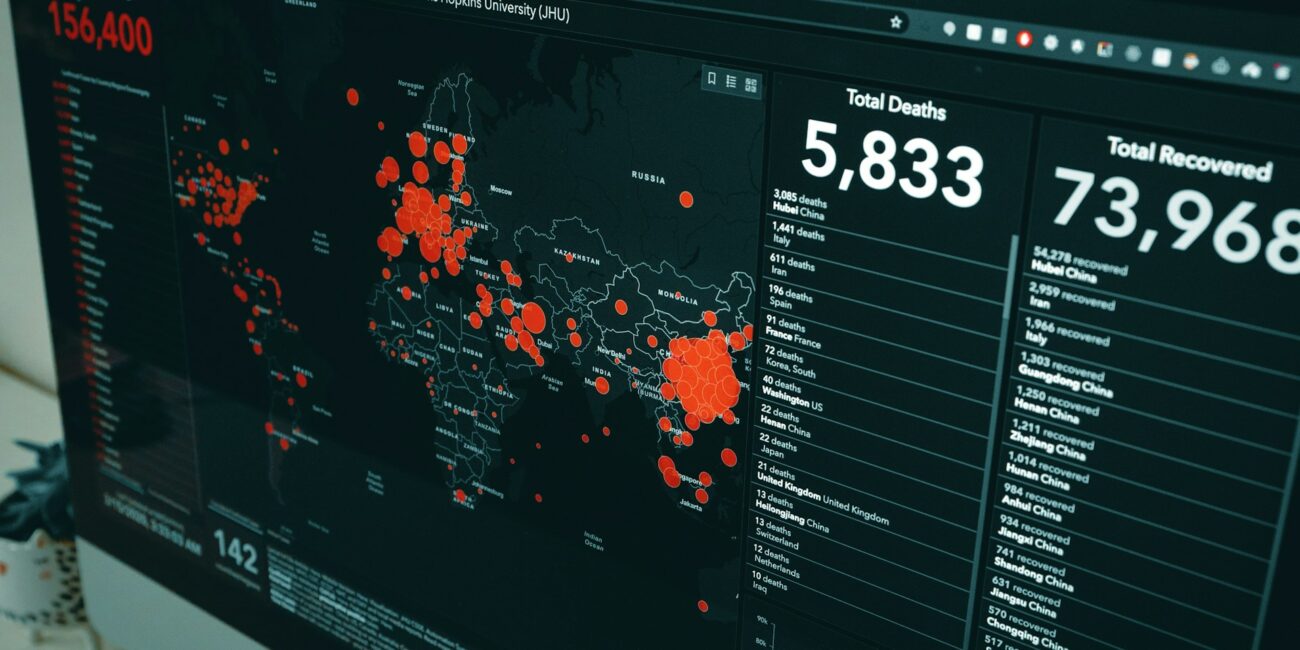A freeform discussion between two PANDA scientists directly from the PANDA Knowledge Factory floor, touching on the problems with “The Science” and credentialism.
Scientist A:
A timely and thoughtful editorial was published by the BMJ. The authors provide a sharply worded warning against making assertive public pronouncements on covid-19 [1]. Yet in their declaration of interests, the authors admit to having been guilty of the very error they are warning against:
“(We) initially believed substantial undocumented transmission meant that a large proportion of the UK population was infected during the first wave. Subsequent seroprevalence surveys indicated that this was not the case. GDS thought that SARS-CoV-2 would be amplified through children and substantial mortality displacement would be observed. Neither has been the case.”
Ironically, the last sentence is an example of exactly the sort of “assertive public pronouncements” they are warning against. Furthermore, they berate the “armchair epidemiologists” from other disciplines who cannot possibly assimilate the knowledge that infectious epidemiologists have learnt over decades. However, scientific knowledge is not something that simply accumulates in the heads of individuals over the space of decades. Science never deals in hard facts. While the human brain contains over 100 billion neurons, even the most dedicated epidemiologist only assigns a fraction of this truly impressive bandwidth to processing information on covid-19. The “known knowns” and “known unknowns” are uncertain syntheses of a multitude of uncertain and conflicting observations, measurements, hypotheses, figures, models and speculations documented in the body of the scientific literature.
Stating that aspects of the pandemic, that result in policies being implemented which impact the lives of everyone living on the planet now and in the future, are simply “known unknowns” and advising those curious to stay well clear is unhelpful. Particularly so when the authors themselves have admitted their own failure to achieve a useful synthesis of uncertainty. There are more constructive ways to express uncertainty which invite helpful criticism. The body of published work produced prior to the pandemic provides many useful snippets of information. Synthesis of this will not produce fixed “knowns” but it can contribute to the reduction of complete ignorance.
Scientist B:
I agree with all that you have said, but I think that the editorial deserves severe criticism for other reasons as well.
To sub-head an article in a scientific journal with the statement, “The more certain someone is about covid-19, the less you should trust them”, is not sound science reporting, and is not true. It is the sort of headline I expect in the tabloid press, not a scientific journal. There are very many things in the world that are absolutely certain, including some things about Covid-19. Science is what provides the level of certainty. The editors should know this, and this should be their starting point. I am very worried at the poor grasp of what science is and is not that I see on display.
Snide comments such as “the “armchair epidemiologist” who seems blessed with the astounding ability of star economists and physicists to fully assimilate and transcend within weeks what infectious disease specialists have learnt over decades”, demonstrates an unacceptable lack of understanding of both the history and philosophy of science.
The history of science is replete with examples of “armchair scientists”, who have had little or no training in the field, and have made major contributions. In the modern world it is also very often people who have polymath skills and that have wide cross discipline knowledge that make those contributions.
I’ll use three examples amongst many hundreds to make the point.
The late Sir Robert May came into the field of ecology in the early 1970’s from physics, with no biological background, and immediately made major contributions to animal population dynamics, epidemiology and economics.
The actress Hedy Lamarr, who patented ideas on frequency-hopping to prevent the jamming of radio controlled torpedoes during the second world war, is a classic example of the chauvinistic reception of ideas from amateurs outside of a particular discipline, by experts within.
Very many people who have made major contributions to mathematics have had no formal training in the field at all. The late Srinivasa Ramanujan is an example. Many very highly qualified mathematicians rejected Ramanujan’s work, because of who he was and his lack of training and connections. Chauvinism at work again. G.H. Hardy at Cambridge recognized Ramanujan’s brilliance because of his own.
This illustrates an important point relevant to the current situation. Ignorance and stupidity have no way of identifying themselves, and they are not self correcting states, irrespective of the status of the individual concerned. It takes knowledge to recognize ignorance and stupidity. However, knowledge is not what resides in the heads of experts – It is what science says it is. Science is there to determine which of two views is the correct one. The problem is that few in this situation are actually applying any science at all.
There is no debate about what science is, and in fact integrity is the hallmark of all true science. There is no such thing as bad science. It is either science or it is not. The key to critical scientific thinking is to understand how to recognize truth from falsehood.
Note: This text represents an actual real-time discussion between, and the opinions of, two PANDA scientists and as such does not necessarily represent PANDA’s stance or opinion on these matters. We present it as a mind-opener, a touchpoint for discussion and debate.
1. Davey Smith G, Blastland M, Munafò M. Covid-19’s known unknowns. BMJ. 2020;35:m3979. doi:10.1136/bmj.m3979.




